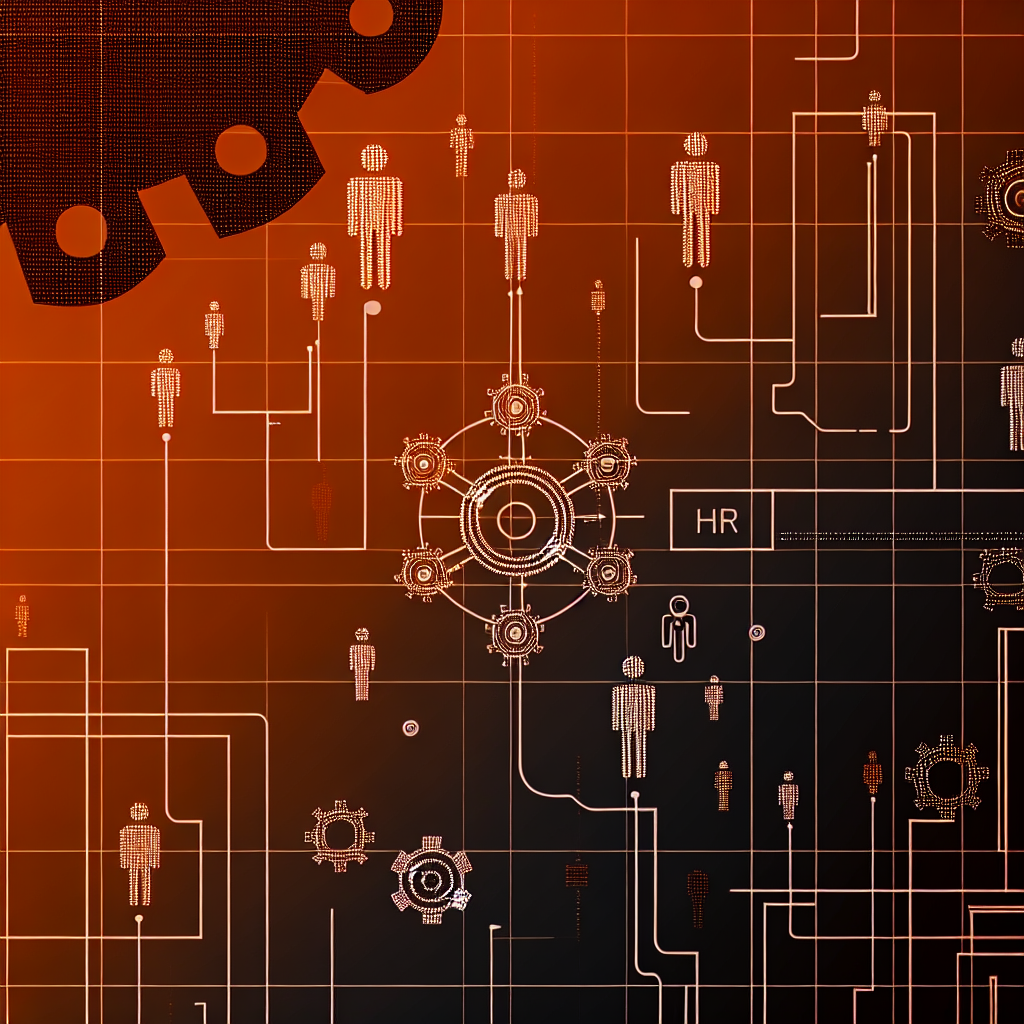
In today’s fast-paced business environment, Human Resource (HR) departments face increased pressures to streamline processes and improve workplace efficiency. One effective solution to tackle these challenges is HR automation. This concept relates to employing software and digital technology to optimise human resources processes, allowing HR professionals to focus on value-added activities. As we delve into HR automation, we explore its significance, current trends, and essential benefits, while highlighting insights derived from recent findings.
Understanding HR Automation
HR automation can be defined as the strategic use of technology to automate repetitive tasks and improve workflows within HR functions. It aims to significantly reduce the burden of manual work, thereby increasing operational efficiency. Let’s look at the key reasons why HR automation holds utmost significance in contemporary workplaces.
Significance of HR Automation
- Reducing Administrative Burden: One of the primary advantages of HR automation is its ability to alleviate the time and effort spent on mundane tasks, such as payroll processing, timekeeping, and benefits administration. This shift enables HR teams to redirect their focus towards strategic priorities.
- Improving Efficiency: Streamlining various HR operations through automation leads to decreased chances of human error and boosts overall productivity. Automated systems enhance the speed and accuracy of HR tasks.
- Enhancing Employee Experience: With the burden of administrative tasks lifted, HR professionals have the opportunity to engage in activities that significantly improve the employee experience, such as coaching, performance management, and designing effective compensation strategies.
- Data-driven Decision-making: Implementing automation enhances HR analytics capabilities, empowering teams to make informed decisions based on trends and predictive insights.
Current Trends in HR Automation
The landscape of HR automation is continually evolving, driven by technological advancements and changing workforce dynamics. Here are some current trends that are reshaping HR practices.
Integration with AI and ML
Recent breakthroughs in artificial intelligence (AI) and machine learning (ML) are enabling HR teams to further streamline processes. AI-driven chatbots, for instance, can deliver round-the-clock assistance to employees by answering queries and guiding them in HR-related matters, ensuring a personalised experience.
Mobile Solutions for Distributed Teams
The rise of remote and hybrid work models has necessitated the development of mobile HR solutions. This means HR automation platforms must be accessible via mobile apps and cloud-based systems, ensuring consistency in HR experiences regardless of geographical location.
Ethical Use of AI and Data Privacy
As HR automation becomes increasingly reliant on AI, prioritising the ethical use of technology and safeguarding employee data is more important than ever. This includes establishing strong data governance practices, ensuring fairness and transparency in AI algorithms, and adhering to data protection regulations.
Key Benefits of HR Automation
Implementing HR automation yields numerous benefits that contribute directly to organisational success. Here are some of the most significant advantages:
- Enhanced Efficiency: By automating repetitive and time-consuming tasks, HR departments can streamline their operations, leading to faster turnaround times and improved productivity.
- Elevated Employee Experience: The successful implementation of automation positively impacts various stages of the employee life cycle, fostering a supportive and engaging work environment.
- Data-driven Decision-making: Automation significantly bolsters HR analytics, providing access to advanced tools for trend analysis, outcome prediction, and operational insights.
- Minimising Waste: Transitioning to digital workflows eradicates extensive paper usage, leading to reduced waste and further efficiencies by saving time on document management and reducing printing expenses.
Challenges and Implementation
Despite its numerous benefits, implementing HR automation comes with its share of challenges. Striking a balance between technological dependence and the human element is crucial. HR professionals must undergo training to fully utilise automated systems, ensuring a smooth integration of technology with human interaction.
Training and Adaptation
It’s vital for HR teams to adapt to the changes automation brings. Training should focus on helping HR professionals understand how to effectively work alongside automated systems. This not only maximises the benefits of automation but also fosters a culture of innovation within the HR department.
Conclusion
In summary, HR automation is not about replacing human roles; rather, it empowers HR professionals to engage in more strategic and impactful activities. By embracing automation, organisations can improve operational efficiency, mitigate errors, and enhance the overall employee experience. As the technological landscape continues to shift, the necessity for HR automation will only increase. Thus, HR departments must remain proactive and adaptable to embrace the changes that lie ahead.
HR automation represents a significant shift in how HR functions operate. For professionals in the field to remain relevant and effective, understanding, and leveraging the benefits of automated systems is essential. Now is the time for HR teams to invest in automation strategies that support their organisational goals, ultimately ensuring a smoother transition into the future workplace.
To explore more about HR automation and its implementation, refer to the findings from Perplexity AI, which detail the implications and prospects for the HR profession.
Vadim Kouznetsov is a distinguished entrepreneur and the visionary founder and CEO of JobXDubai.com, the UAE’s rapidly expanding job board. Renowned for his expertise in bridging the gap between job seekers and employment opportunities, Vadim has become a leading authority in the recruitment and job market of Dubai.
